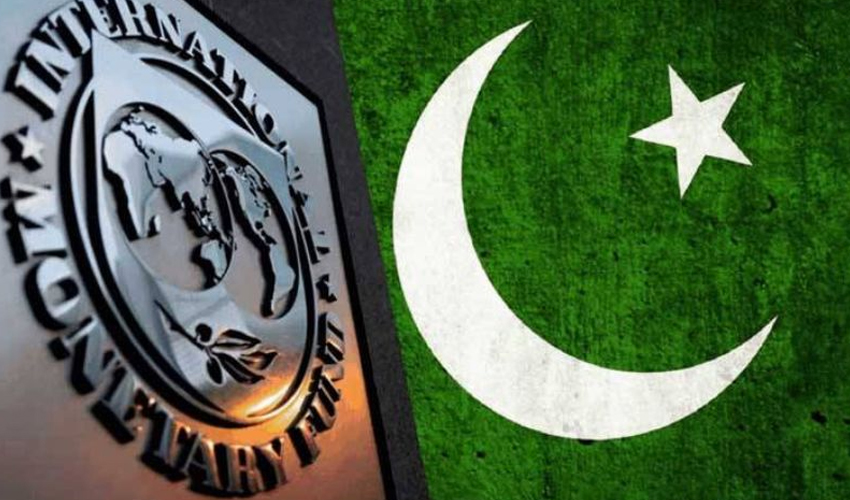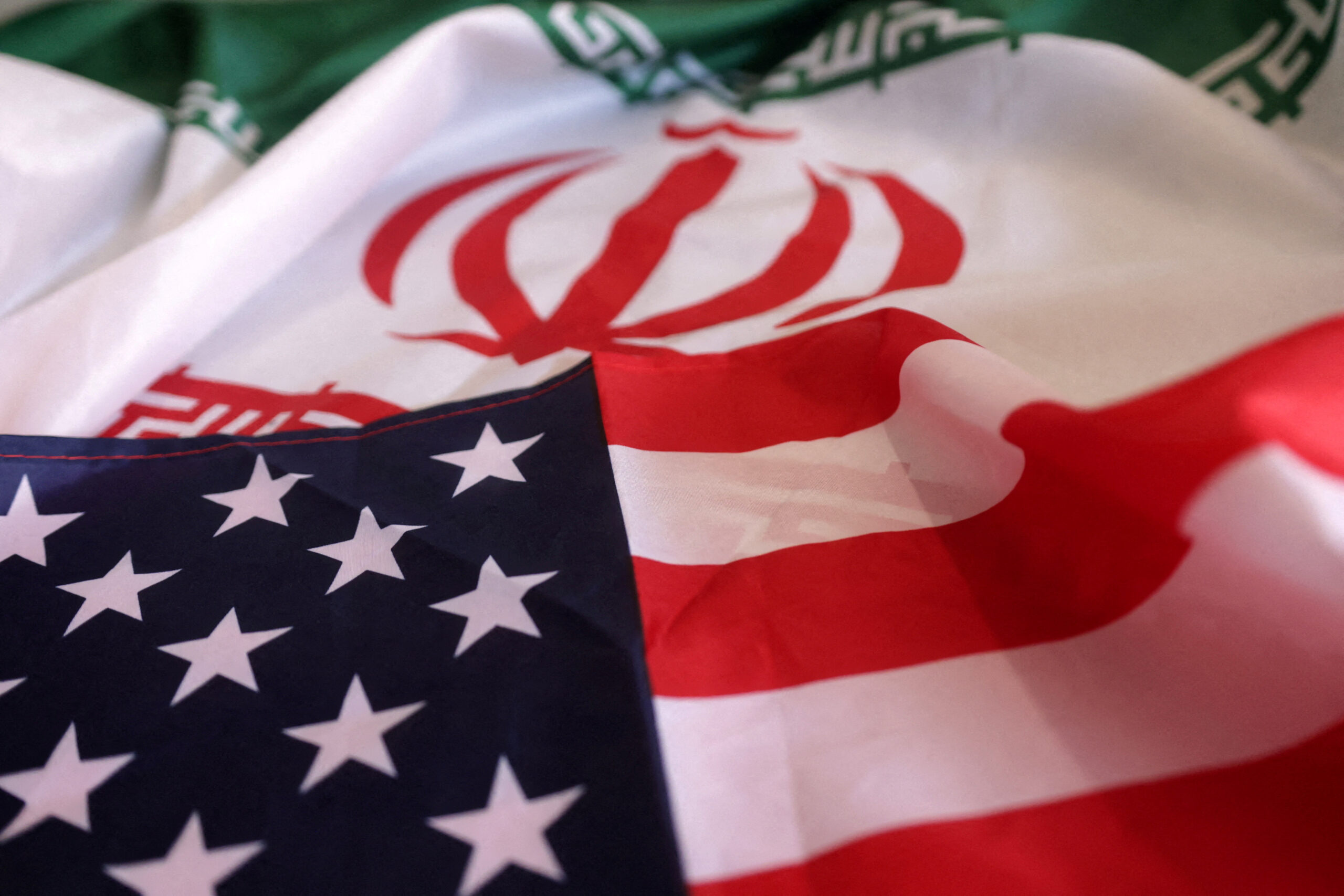“Critical Analysis of Pakistan’s Ongoing Negotiations with IMF for New Loan Program and Economic Reforms”
The recent technical-level discussions between Pakistan’s economic team and the International Monetary Fund (IMF) mission have concluded, paving the way for policy-level negotiations scheduled to commence on May 20. Sources close to the matter indicate that the upcoming talks will play a pivotal role in determining the size of a new loan program, with detailed discussions expected to finalize the future conditions and goals of Pakistan’s economic policies. These negotiations are also anticipated to establish the tax and non-tax revenue targets for the next financial year, signifying their critical importance in shaping Pakistan’s economic strategy moving forward.
Furthermore, the Finance Ministry is set to collaborate with the IMF to define macroeconomic targets for the new financial year, which will serve as the cornerstone of Pakistan’s economic strategy. The alignment of these targets with IMF standards and expectations will be crucial in ensuring financial stability and economic reforms in the country.
The anticipated staff-level agreement at the conclusion of these policy discussions is expected to provide a framework for future economic reforms and financial stability. However, it is important to note that the final disbursement of funds is contingent upon the IMF’s meticulous review of Pakistan’s economic targets and performance. This underscores the significance of the upcoming negotiations and the need for Pakistan to demonstrate a strong commitment to implementing necessary reforms.
Pakistan’s mounting debt crisis has raised concerns, with interest payments on loans surpassing the government’s income by a substantial Rs205 billion in just nine months. The country’s total debt and liabilities have surged to over Rs80,086 billion, as per the State Bank’s statistics. This alarming situation emphasizes the urgency of reaching a favourable agreement with the IMF and implementing stringent measures to address the debt crisis.
As negotiations for a new bailout package with the IMF continue, the government faces increasing pressure to curtail expenditure and reduce the debt ratio. Reports from sources involved in the negotiations reveal that the upcoming budget is expected to introduce stringent measures targeting unregistered traders, with the aim of bringing them into the tax net. Businesses not registered through the ‘Tajir Dost’ app may face notices, and non-compliance could result in penalties under Section 182 of the Income Tax Ordinance, including fines of up to Rs10,000 for unregistered businesses.
Furthermore, the budget is likely to propose increased taxes on cash withdrawals by non-filers as part of efforts to combat tax evasion and enhance revenue collection. Currently, non-filers are subject to a 0.6% advance tax on bank withdrawals exceeding Rs50,000. These proposed measures reflect the government’s commitment to strengthening tax compliance and revenue generation, albeit amid the challenges posed by the country’s economic situation and ongoing negotiations with the IMF.














